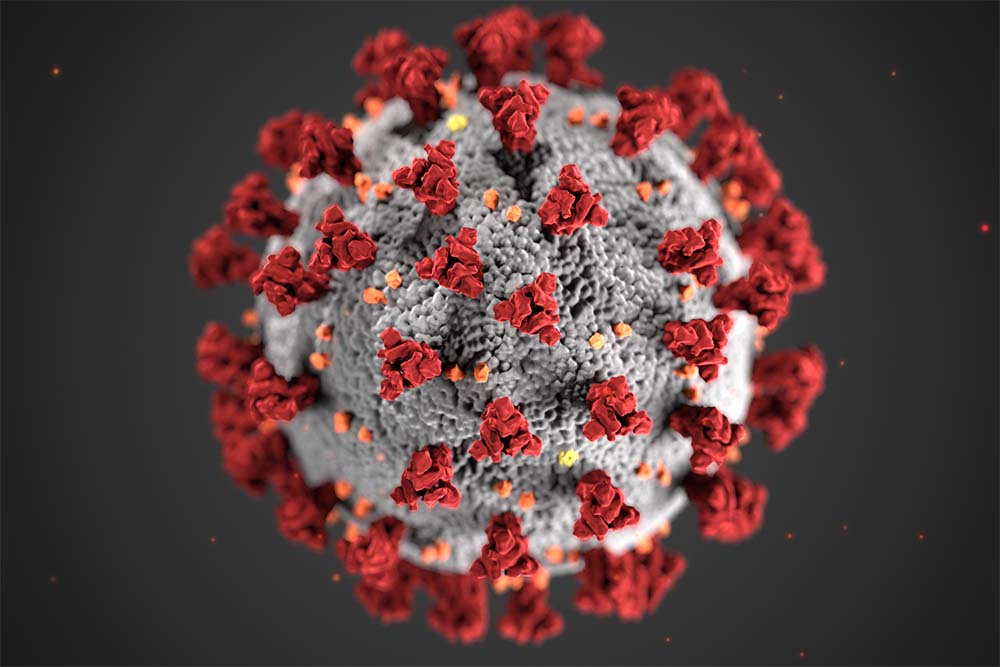
- Details
- By Darren Thompson
The National Institute of Health (NIH) is sponsoring a national health effort to combat COVID-19 and they’re reaching out to Native American communities and people.
The effort is called “Rise Above COVID” and is a clinical trial searching for new medicines to heal those who have been diagnosed with COVID-10 within the past 10 days. Those who are interested are encouraged to enroll in ACTIV-2, what NIH is calling its clinical trial. The trial collaborated with Native American health experts as well as utilized its own Tribal Health Research Office.
Want more Native News? Get the free daily newsletter today.
“There is an understandable mistrust in Native communities when it comes to participating in research,” said Rose James, PhD (Lummi/Duwamish), an expert in bioethics research and Director of Research and Evaluation for the Urban Indian Health Institute in a statement to the press. “At the same time, I believe it is important for Native people to have the opportunity to volunteer in research, as long as it has gone through the proper steps to ensure it is safe for our communities, which this trial has.” James is also a member of "Rise Above COVID"'s Community Advisory Board.
According to the NIH, Native Americans comprise less than two percent of the total U.S. population, and fewer than one percent of ACTIV-2 trial participants have been Native American (to-date), and the study’s goal is to be as representative as possible.
Those interested in participating have more than 150 study sites to choose from, including some in areas where the Indian Health Service reports rising cases of COVID-19: Bozeman & Butte, MT, California (more than 30 sites), Nashville, TN, Phoenix, AZ, Portland, OR (four sites), Rochester, MN, Santa Fe, NM, Sioux Falls & Rapid City, SD, Tucson, AZ, and Tulsa, OK.
People can find more information about the study at RiseAboveCOVID.org and information about clinical trials overall, created by the Urban Indian Health Institute.
More Stories Like This
HHS Repeals Nursing Home Staffing Requirements, Citing Relief for Tribal FacilitiesNative Americans Face Second-Highest Gun Death Rate in U.S., New Study Shows
National Council of Urban Indian Health Encourages Vaccinations
New Native Nations Center for Tribal Policy Research Analyst Will Examine Cancer Disparities in Oklahoma Tribes
Republicans Left Tribes Out of Their $50B Rural Fund. Now It’s Up to States To Share.
